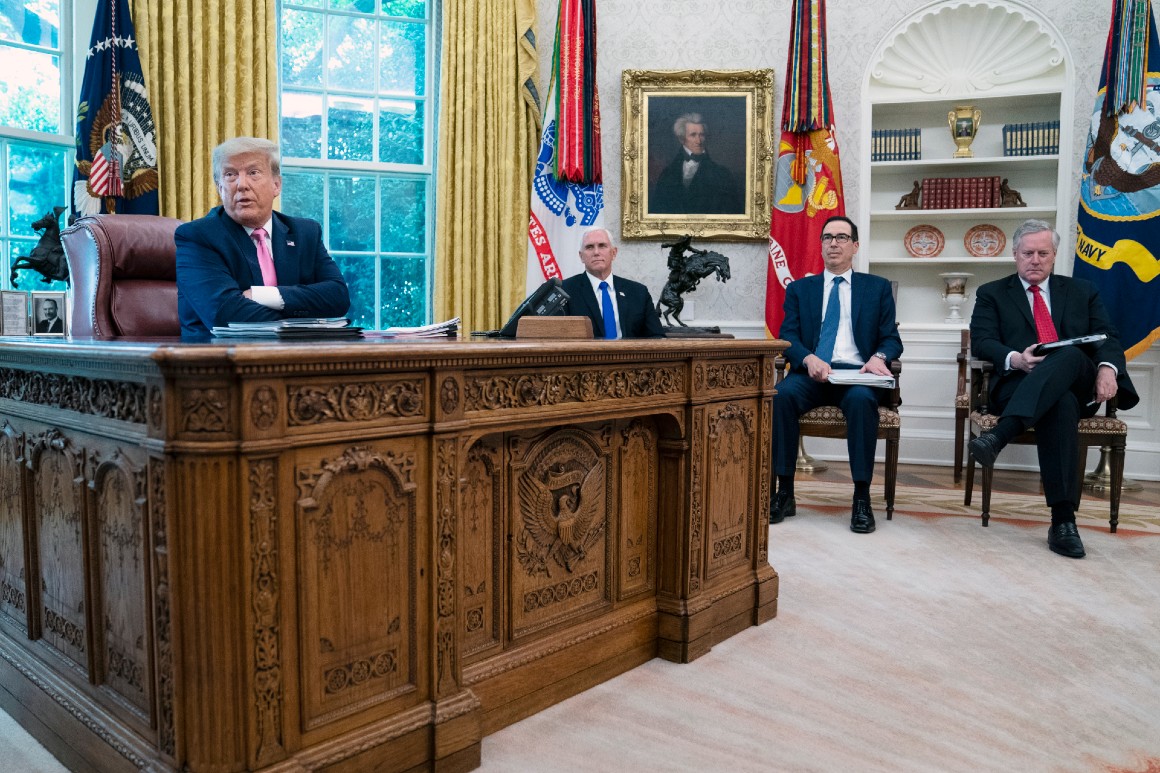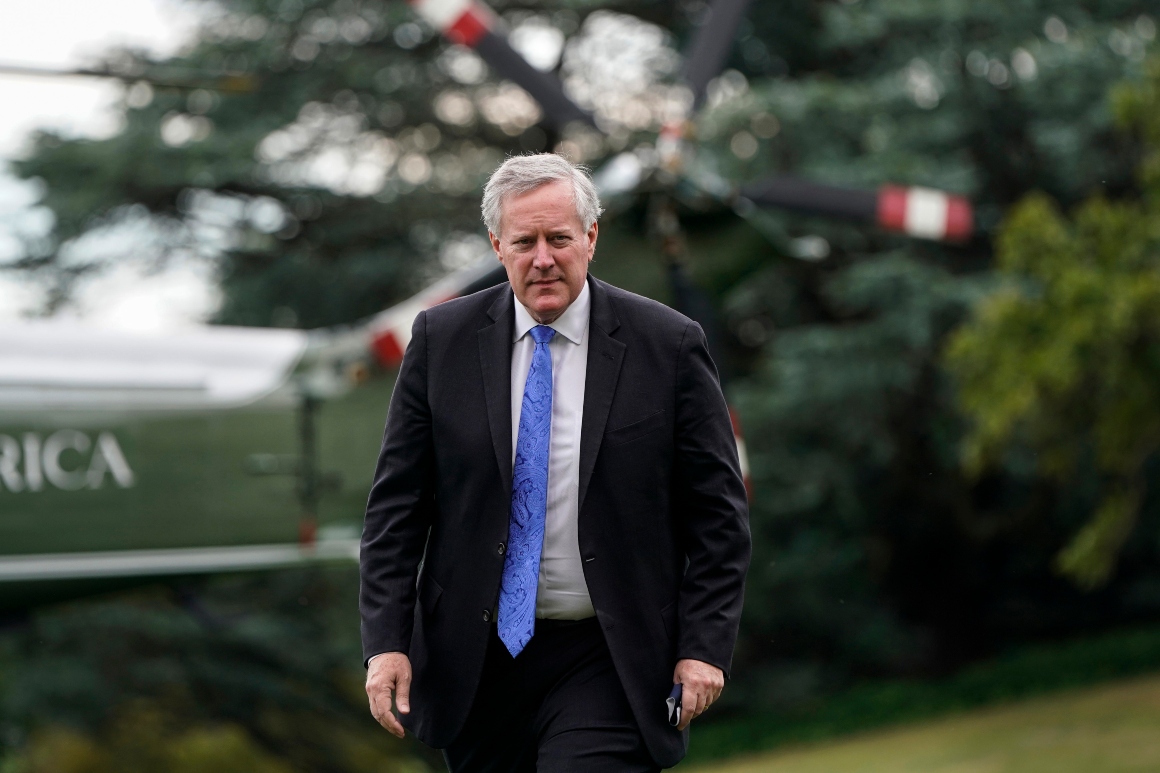
The White House is weighing the revival of a major drug pricing proposal that would effectively eliminate rebates from government drug plans, six people with knowledge of the discussions told POLITICO.
The renewed focus on the so-called rebate rule comes as White House aides prepare a package of executive orders on drug pricing aimed at showing progress on one of President Donald Trump’s signature campaign promises.
It’s a sharp reversal from just a year ago, when the White House abandoned the ambitious policy over worries it would hike seniors’ Medicare premiums ahead of the election.
But several top officials opposed to the proposal have since left the White House, and the idea has gained fresh momentum as aides search for ways to pad Trump’s resume ahead of a presidential election that could hinge on health care.
The executive orders, which could be issued as soon as this week, will call for a series of actions aimed at lowering pharmaceutical costs and speeding the return of domestic drug manufacturing.
They are likely to instruct Medicare regulators to finish regulations eliminating the rebates that drugmakers pay to pharmacy benefit managers — an idea seen as central to the administration’s plan to slash drug costs before the White House abruptly abandoned it over concerns about its cost and political impact.
The content of the executive orders has yet to be finalized, the people familiar with the discussions cautioned, and could still change. Executive orders are also not immediately enforceable. The administration would still need to finalize regulations following through on the orders, a process that can take months and may not be finished before the election.
White House spokesperson Judd Deere declined to comment on the specifics of the executive orders. "The President continues to explore any and all options that will deliver lower drug costs, while ensuring we have access to the most innovative vaccines and therapeutics in the world," Deere said in a statement.
But several administration officials who played a key role in convincing Trump to shelve the rebate rule in 2019 have since left the White House. They include former acting chief of staff Mick Mulvaney and domestic policy chief Joe Grogan, who said last year he was "extremely skeptical" the administration could develop a workable policy to eliminate rebates.
Current chief of staff Mark Meadows, who is central to the crafting of the forthcoming executive orders, has long supported the rebate rule. HHS Secretary Alex Azar also spent months last year championing the proposal, calling it the administration’s best shot at lowering prices.

“My sense on all of these is that it is being driven by the chief of staff,” said one health industry executive with knowledge of the talks.
In addition to the rebate rule, the orders under discussion include a demand to formulate a so-called favored nations rule linking government payments to lower prices paid abroad, a call to move U.S. drug manufacturing back onshore and an order aimed at hospitals that receive steep drug discounts under the government’s 340B program because they serve a large number of low-income patients.
It’s unclear whether the White House will issue individual orders on those topics, or group them into a single drug pricing directive.
Trump in May 2019 said he planned to issue an executive order aligning U.S. drug prices with lower costs in other countries. His comments about the “favored nations clause” came amid HHS efforts at the time to pull together a rule establishing an international pricing index that would tie the price of physician-administered drugs to an index of other countries’ prices.
It was not clear whether Trump was referring to the rule already in the works or another approach at the time. But in November, Azar said the administration was reworking the rule because Trump “did not find [the original plan] satisfactory."
"His view … is that America ought to be getting the best deal of developed countries. Those are the type of proposals we are working on,” Azar said at an Axios event.
Still, few GOP lawmakers have publicly embraced the approach, and the drug industry has remained skeptical that a favored nations rule would ever be released.
Drugmakers do back the rebate rule. But insurers and pharmacy benefit managers vehemently oppose the idea, warning it will fuel higher out-of-pocket costs.
The PBM sector has already prepped a major ad campaign against any effort to eliminate rebates, an industry official familiar with the plan said, casting it as a political miscalculation that could raise seniors’ costs in several swing states ahead of November.
If issued, an order reviving the rebate rule will lead to “massive blowback,” said another health industry executive.
Drugmakers, patient groups and economists have also broadly opposed limitations on drug and ingredient importations from China, an approach pushed by Trump trade advisor Peter Navarro to reduce U.S. dependence on the country for medical products.
The importation leg of the executive order could include calls to limit Chinese trade more broadly.
Source: politico.com
See more here: news365.stream






